Mamemaki
Oni wa soto
Fuku wa uchi
Parapara Parapara
Mame no oto
Oni wa kossori
Nigete ikuOni wa soto
Fuku wa uchi
Parapara Parapara
Mame no oto
Hayaku ohairi
Fuku no kamiLyricist:Unkown
Composer:Unkown
in 1931
Scatter the beans
The demon is outside
Fortune is inside
Rustle, rustle, rustle, rustle
The sound of beans
The demon quietly
Escapes
The demon is outside
Fortune is inside
Rustle, rustle, rustle, rustle
The sound of beans
Quickly enter
God of fortune

Setsubun is the day that divides the seasons. Originally, it existed for each of the four seasons, but now only Setsubun remains to divide winter and spring, which falls on the day before the vernal equinox in early February (February 3 in 2024). This is the time of seasonal change, when the bad energy of the year is most accumulated. In addition, the cold weather makes it easy to fall ill. Therefore, it has taken root as an event to purify bad qi and pray for good health throughout the year. As a result, the custom of scattering beans and decorating holly and sardine heads was born to ward off evil spirits. The spiritual meaning of Setsubun is to purify one’s negative emotions and thoughts, and to prepare for the new season with a positive attitude.Many shrines and temples hold Setsubun events.

By – Own work, CC BY-SA 4.0, Link
On Setsubun day, families generally eat dinner together. After dinner, they prepare beans for throwing and demon masks, and throw beans towards the inside and outside of the house while chasing the demon role wearing the mask. When throwing, it is customary to say “Oni wa soto! Fuku wa uchi!” (Demons out! Luck in!). After the bean-throwing is over, they pick up and eat the same number of beans as their age. This is a charm to stay healthy for a year.
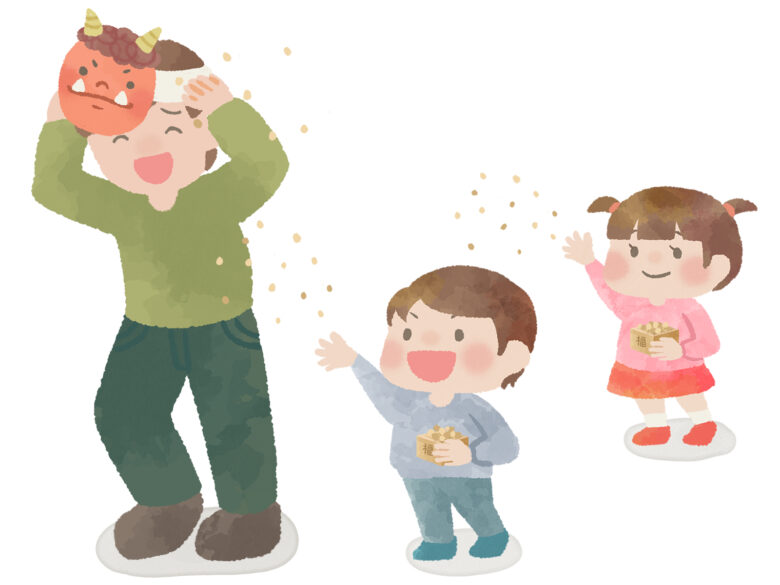
Holly and sardine heads are amulets to ward off evil spirits. Holly has many thorns and is said to prick bad energy. Sardine heads are said to find bad energy because sardines have large eyes. By decorating holly and sardine heads at the entrance or window, it is said to protect the house.
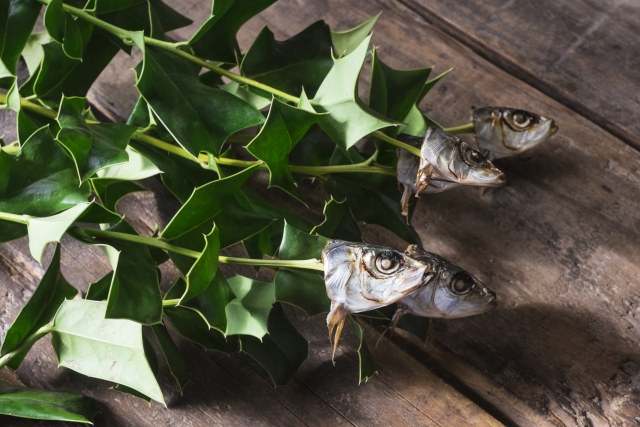
Ehoumaki, a sushi roll eaten on Setsubun day, is one of the pleasures of the day. The origin of Ehoumaki is a custom that began in Osaka during the Edo period. It is a custom to silently eat Ehoumaki while facing the lucky direction (ehou) of the year to wish for good luck. Ehoumaki contains seven ingredients named after the Seven Lucky Gods. Ehoumaki became a nationwide phenomenon from the 1990s to the 2000s. During this time, convenience stores and supermarkets launched campaigns to sell Ehoumaki. It is said that this was a strategy of the distribution industry to attract customers during the Setsubun season.
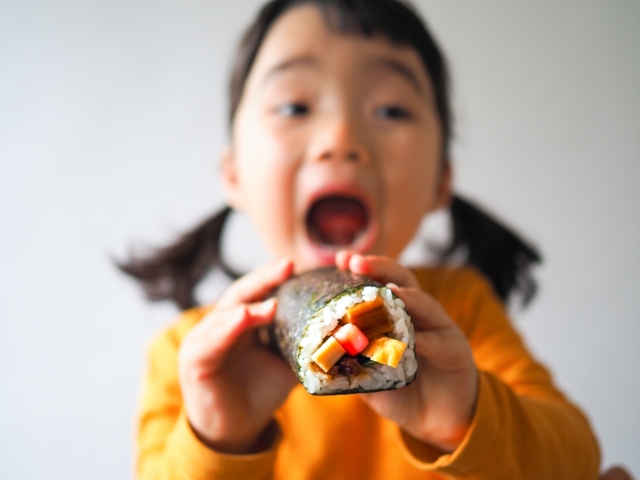
▲Popular personalities and celebrities also participate in the festivities.

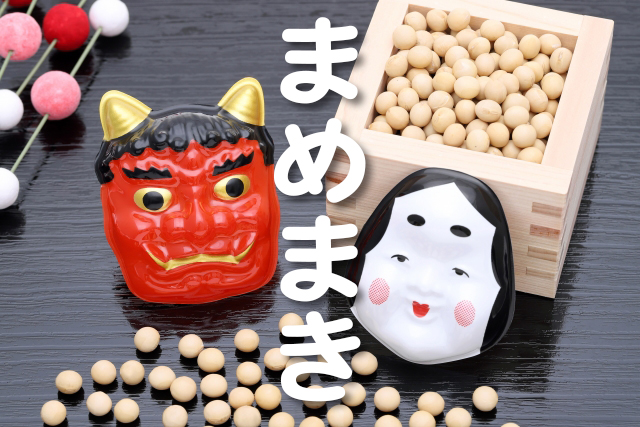
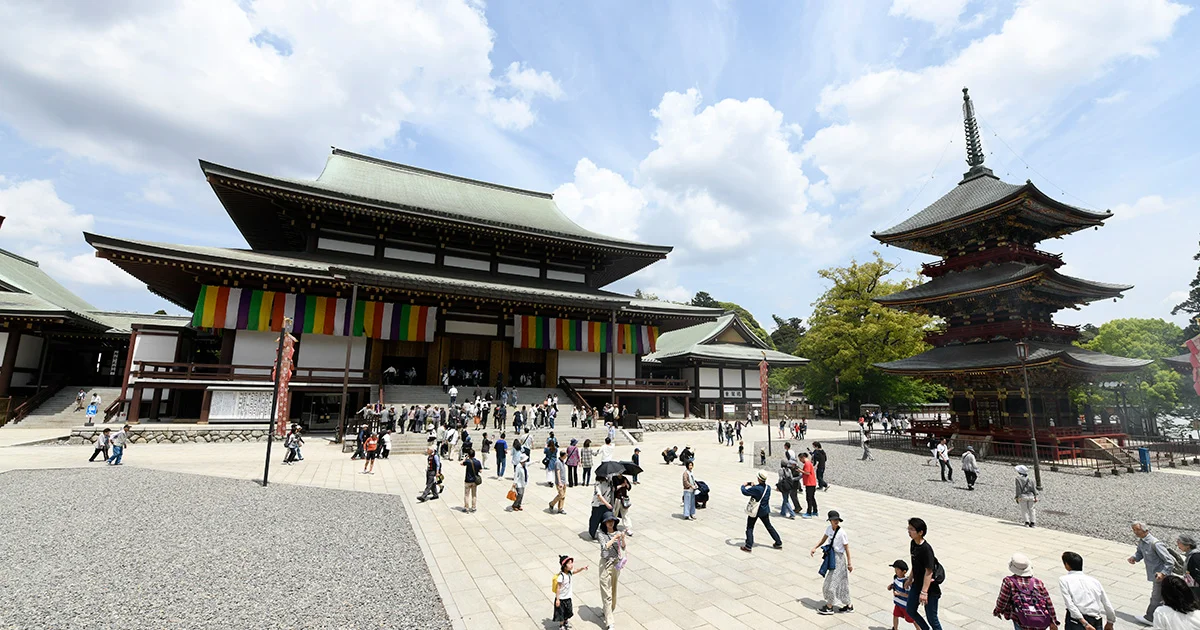
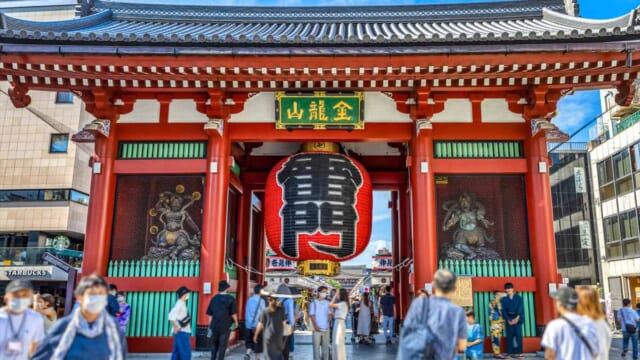


コメント